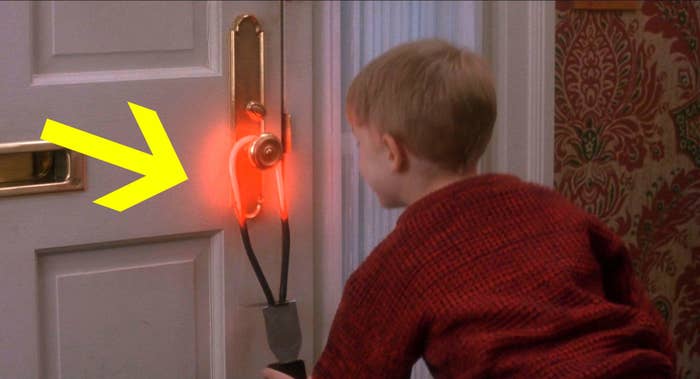One source of data is the Tesloop fleet which includes several of the earliest Model S, Model X, and Model 3 vehicles with many over 300,000 miles and some approaching 500,000.
https://insideevs.com/features/383640/tesla-500000-mile-in-depth-look/
-------------------------------
It’s no secret that most owners love their
Tesla vehicles, but not many can say from experience how they hold up over the really long haul. One that can is
Tesloop, a shuttle service in Southern California that operates a small fleet of
Models S, X and 3. Each of Tesloop’s vehicles logs around 17,000 miles per month. Most have been on the road for well over 300,000 miles, and several are approaching the 500,000-mile mark.
...
For fleet operators, it’s all about the cost per mile. Tesloop says its cost per mile for maintenance is around $0.06, which is comparable to the industry average for legacy vehicles. However, the company’s Teslas spend less time in the garage, and they’ve been serving long past the usual fleet vehicle retirement age of 100,000 miles. Sonnad predicts Tesloop’s Model 3s will serve for over 500,000 miles, and will reach a total cost per mile (including depreciation) as low as $0.18 to $0.25 per mile - far lower than the current average of $0.32 to $0.35 for legacy sedans.
---------------------------------
Here's an article about a specific Model X which has accumulated 400,000 miles; 300,000 on its first battery pack.
https://electrek.co/2020/06/06/tesla-battery-degradation-replacement/
The older Model S and X, which make up most of the Teslas in the 300,000+ mile range, have different battery designs and battery management systems than the Model 3 and Y which make up the majority of Teslas built.




